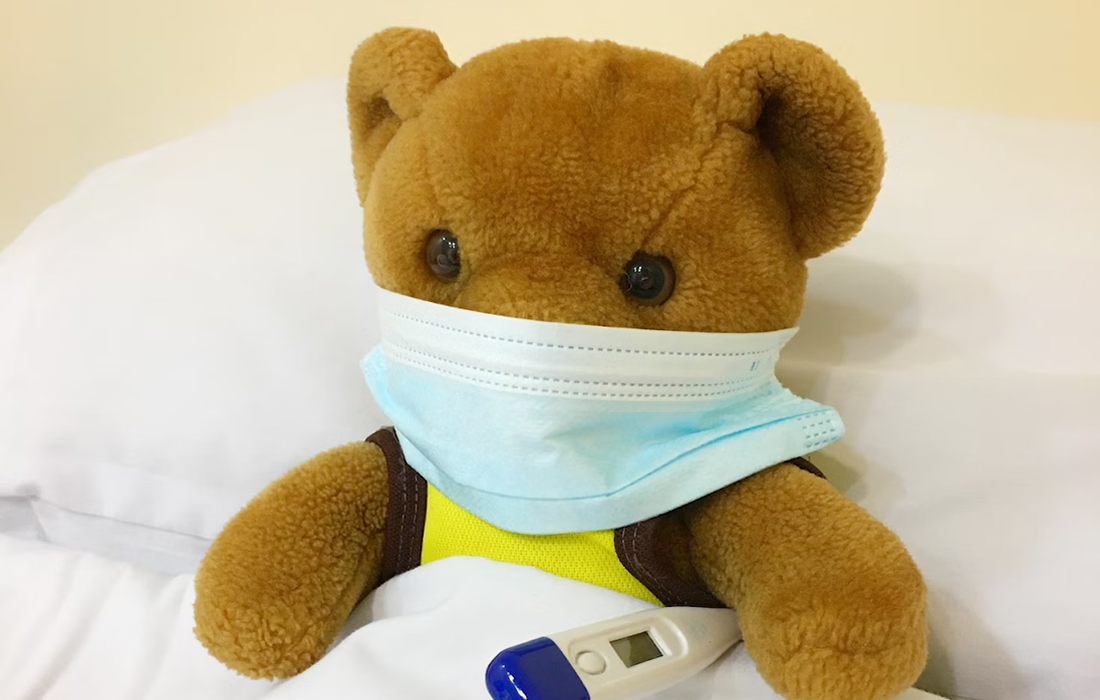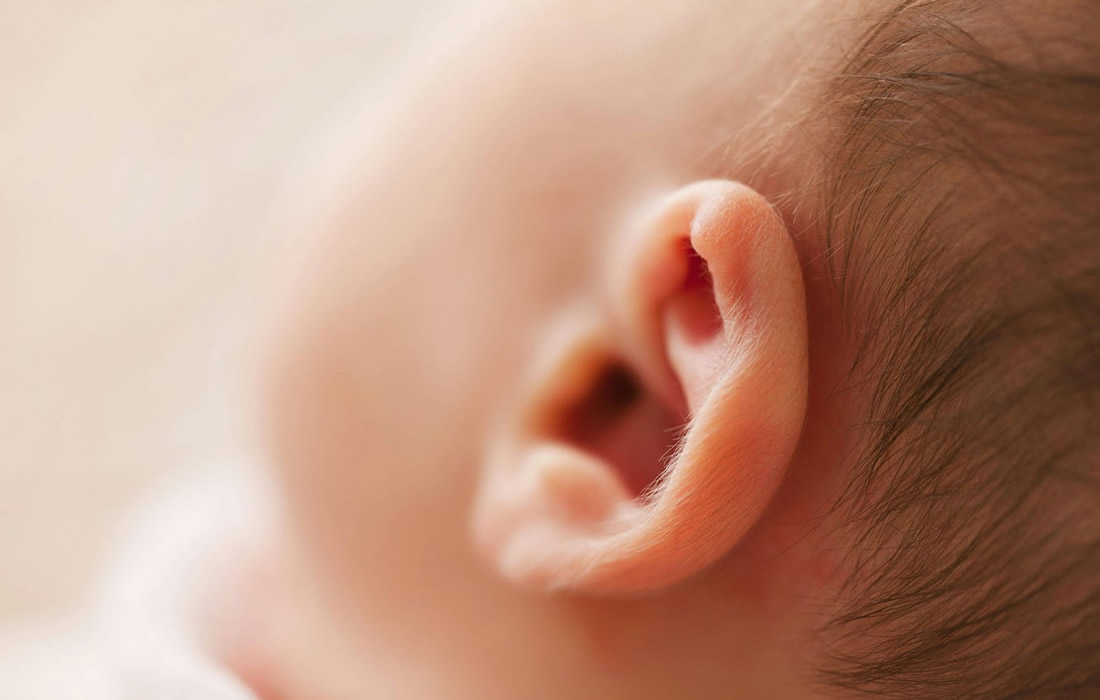Scientists have identified a protein in the visual system of mice that appears to be key for stabilizing the body’s circadian rhythms by buffering the brain’s response to light. Scientists have long known that most living things have a circadian “clock,” a set of biological rhythms that operate on about a 24-hour cycle and that […]
Monthly Archives: January 2024
Scientists from Scripps Research have developed a new method to examine how proteins interact with drug-like small molecules in human cells — revealing critical information about how to potentially target them therapeutically. The strategy uses a combination of chemistry and analytical techniques to reveal the specific places where proteins and small molecules bind together. The […]
Respiratory syncytial virus (RSV), a common infection in children and senior adults, can also infect nerve cells and trigger inflammation leading to nerve damage, according to a new Tulane University study. RSV can cause mild symptoms such as coughing, sneezing and fever or lead to more severe conditions such as pneumonia or bronchiolitis. But since […]
Soy compounds called isoflavones are among the plant-derived compounds that may significantly reduce the risk of breast cancer recurrence or death, according to a new meta-analysis co-directed by investigators from the Johns Hopkins Kimmel Cancer Center. The results were published in the journal JNCI Cancer Spectrum. Investigators in Australia, Denmark, England, Norway and the U.S. […]
A new study, led by experts at the University of Nottingham found that the risk of stomach bleeding caused by using aspirin long-term, can be reduced with a short course of antibiotics, potentially improving the safety of aspirin when used to prevent heart attacks, strokes and possibly some cancers. Aspirin in low doses is a […]
A new study has shown that women who are taking the oral contraceptive pill are less likely to report depression. The research, which analyzed data from 6,239 women in the United States aged 18-55 years old, found that the prevalence of major depression amongst users of the oral contraceptive pill (OCP) was significantly lower, at […]
Chronic exposure to arsenic, often through contaminated groundwater, has been associated with Type 2 diabetes in humans, and there are new clues that males may be more susceptible to the disease when exposed. A new Cornell University study — using lab mice genetically modified with a human gene to shed light on the potential link […]
In recent years, there has been rising concern that tiny particles known as microplastics are showing up basically everywhere on Earth, from polar ice to soil, drinking water and food. Formed when plastics break down into progressively smaller bits, these particles are being consumed by humans and other creatures, with unknown potential health and ecosystem […]
New research indicates that the eating disorder anorexia nervosa is associated with being an early riser, unlike many other disorders that tend to be evening-based such as depression, binge eating disorder and schizophrenia. Previous research has suggested a possible connection between eating disorders and the body’s internal clock, or circadian clock, which controls a wide […]
A cochlear implant enables people with severe hearing loss to hear again. An audiologist adjusts the device based on the user’s input, but this is not always easy. Think of children who are born deaf or elderly people with dementia. They have more difficulty assessing and communicating how well they hear the sounds, resulting in […]










